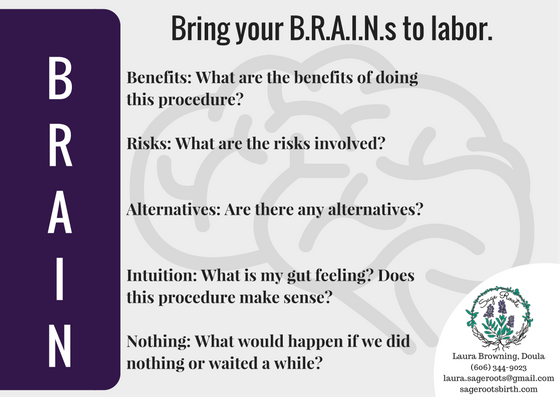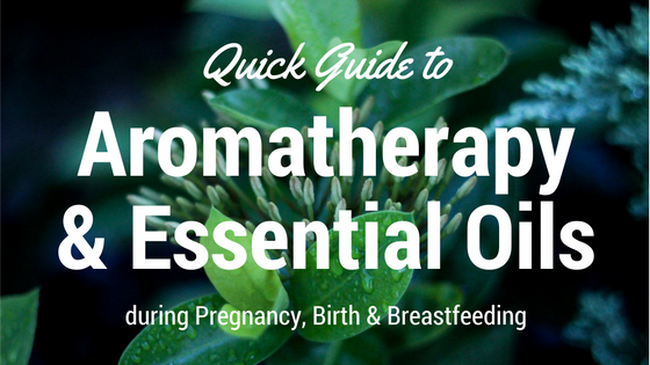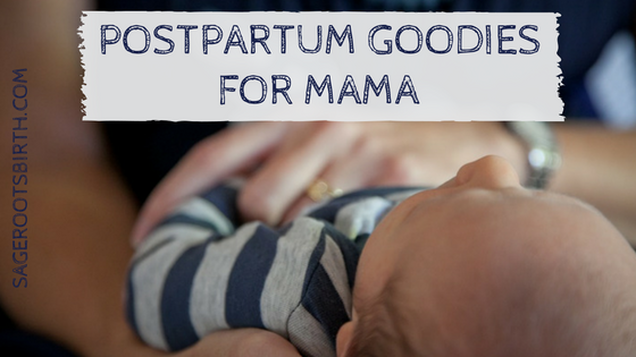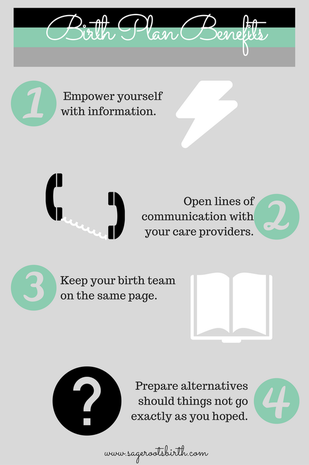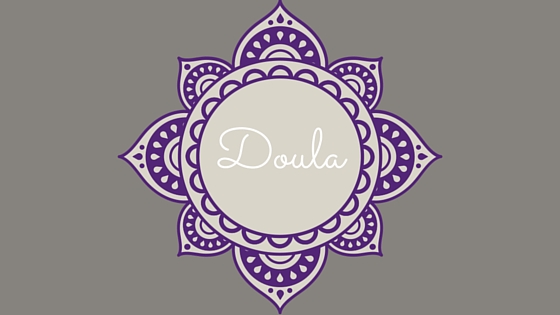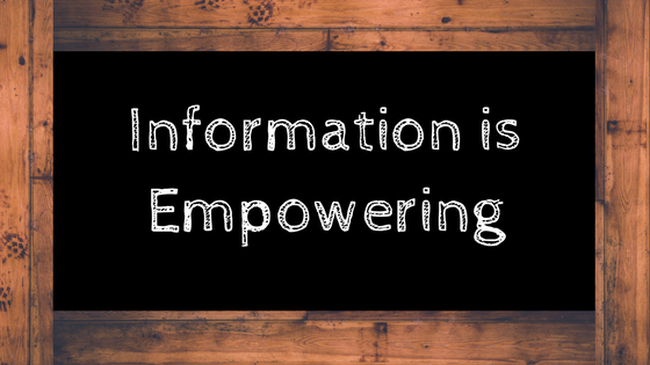|
Sometimes, complications arise during labor and decisions suddenly need to be made. Should I allow the doctor/midwife to break my water? Is a cesarean necessary? Are we going to use Pitocin to speed up labor? Do I need IV fluids?
0 Comments
Essential oils are becoming increasingly popular. You might know someone who uses and/or sells them. But what are they? How do they work? And why did I mention "aromatherapy?" This short blog is going to give you the basics as it applies to pregnancy, birth and postpartum/breastfeeding. As always, please consult with your care provider before using aromatherapy or essential oils. It's also really important that you make sure you're getting your information and oils from someone who know what they're talking about. Look for a certified aromatherapist and ask questions. I am not a certified aromatherapist. I'm a well-read amateur who can give you basics and help you find information and professions.
Just as we prepare ourselves for birth, we should also prepare ourselves for postpartum. When you hire me as your postpartum doula while you're still pregnant, I'll help you make a "postpartum plan" which works much like a birth plan. It helps you start thinking about what your postpartum experience will be like and preparing you for caring for your new family as a whole and as individuals.
But today, I just want to talk about the material goods for you, Mama. The "goodies" that you can stock up on before hand or even ask for on your baby registry for your own needs and care postpartum. If you're pregnant or even just know someone who is pregnant, you've probably heard of a birth plan. They're "all the rage" right now and for good reason! Putting together a birth plan is a good way to educate yourself about your options during labor, birth, and the immediate postpartum.
listening to the answers helps you get to know your care provider and he/she to get to know you. The goal is to create an environment of mutual respect and build trust between both provider and patient.
A doula is a non-medical professional who assists a woman during pregnancy, birth, and postpartum. The word “doula” comes from the Greek and means “a woman who serves.”
For most of my clients, I recommend they take a Childbirth Education course of some kind. Be it in person or online, just so long as it's not Dr. Google or the dramatize (unrealistic) movies/TV. I said "for most" because there are a few exceptions to this rule: if you've taken a class recently for a previous birth, for example, you might not need to retake a class. But overall, childbirth education classes are beneficial no matter what kind of birth experience you hope to have (non-medicated, epidural, planned cesarean, etc.). So, what do you even learn at a childbirth education class that could be so important? You'll learning all kinds of things from the stages of labor, to common medical terms and interventions, to techniques and options during the intensity that is birth.
Beginnings are always so exciting, aren't they?! Perhaps that is why I'm so drawn to birth work; beginnings truly are beautiful to me. Everything is so fresh, new and I can't wait to take my first step so I can take my next. This is the birth of my passion, my business, my future. I truly feel I have found my calling... |
LauraI'm the owner of Sage Roots. Woman, wife, mother, doula, writer, bookworm, hiker, gamer, and Christian. Categories
All
Archives
September 2022
|
Services |
Company |
|


